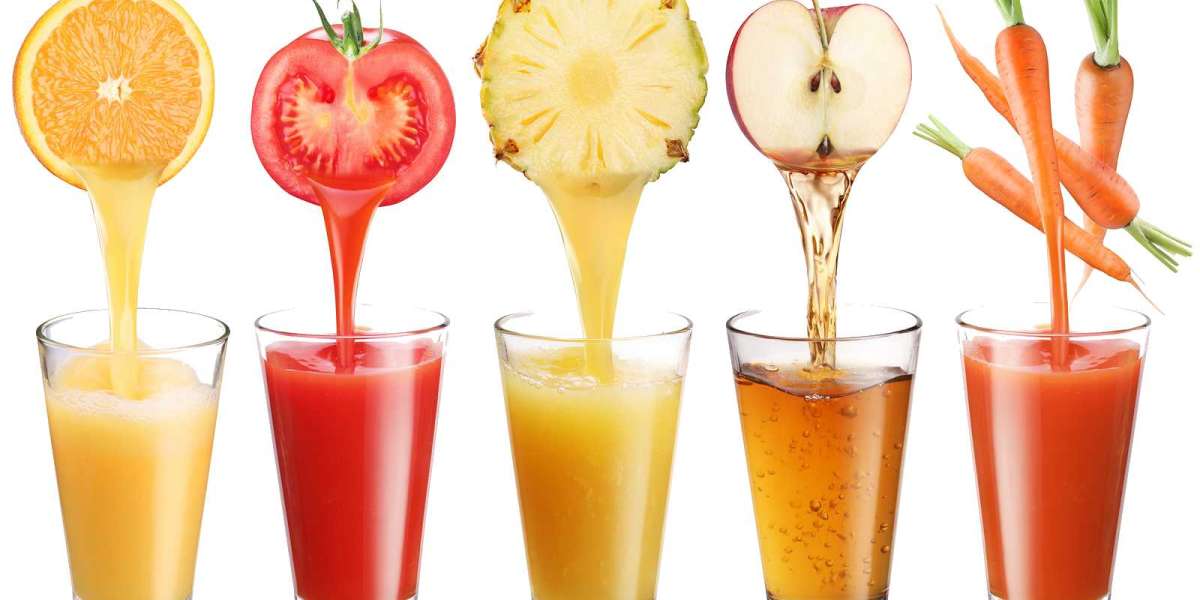Importance of Backyard/Urban gardening
Prior to starting, it is important to underscore the term urban in this blog. Throughout my blogs, when I reference urban gardening, it signifies city living as opposed to the negative connotation that was placed to codify and discuss the black and brown communities.
Backyard magazine defines Urban gardening as “a practice that refers to the local community growing food crops within an urban environment. It includes a combination of techniques and approaches to grow plants in a densely populated area. Urban gardening has been a successful alternative to regular gardening for those living in the city. It represents a shift from the traditional way of planting crops that can only be done in rural areas toward an urbanized environment.” (2021, p. 1). Today, resources to create an Urban garden is in great demand. Young and old recognize the need to readily access organic foods. For urban communities, urban gardening is a viable option, may be a necessity in the coming days and weeks ahead.
Many people who live in apartments, condos, or townhouses attempt Urban gardening. Most ascribe to potted gardening and opt to utilize their space. Pots can be placed on a back deck, front porch, patio, balcony, slab of soil, or even a sunny window. My research highlights several methods and concepts to start Urban gardening including the following:
1-Container gardening
Container gardening is ideal for people with little to no garden space. It is a micro-model farming where a family produces fruits and vegetables in containers for personal consumption. This process to gardening assist the families to improve their health and well-being. Container gardening can use old tires, plastic bags, clay pots, raised beds, buckets, milk jugs, barrels, ice cream containers, bushel baskets, plastic bottles, and cans.
#2-Community gardening
A community garden is an area where the residents of a community are entitled to create and build gardens to sustain the neighborhood’s needs. This practice utilizes individual or shared plots in private or public spaces by a group of people. Also, it is an excellent idea for those with no space to deal with. Community gardens allow people to build social ties and create a friendly society. The upside, you meet new people, that means generate new ideas. On the downside, you must agree on the same plants. Much like any business, if you are at a deadlock, allow each active person in the community gardening elect to grow one vegetable and fruit of choice. Pending on the size, you are guaranteed to learn and taste something new.
#3-Indoor gardening
If you have no deck, balcony, or rooftop, indoor gardening can also be a functional method. Similar to container gardening, in which plants are grown in containers, the garden is situated indoors with this method. You can place it near windows or in a spot that receives alot of sunlight.
#4-Green roofs
A green roof is an addition to the roof of an existing building or house to grow plants. It can be partially or entirely covered with vegetation. On the other hand, green roofs provide shade and reduce the temperature of the roof’s surface and the surrounding air.
#5-Guerilla gardening
Guerilla garden is a revolutionary type of gardening that uses public space, vacant lots, or even spaces beside highways. It is a troublemaking method of gardening that is not advisable if you cannot face the consequences of it. Know your zoning laws and proceed with caution. Try to identify space within walking distance from your home.
#6-Hydroponics
Hydroponics is a Latin word meaning “working with water.” It refers to the art of gardening without soil. Instead, this method uses mineral nutrient solutions in water to grow plants. According to studies, plants that grow through the hydroponic method are more nutritious, healthier, and grow quicker than soil-grown plants.
So, why garden even if you do not have the space? For me, it was a way to sustain my family and community. Then, I realized you can also barter if ever you are pressed. Finally, what I noticed is that my affinity for nature returned. During COVID, many individuals rediscovered their green thumb, however, there are many reasons why gardening should be prioritized if you have not started. Why? Gardening-gives you more control with what you place on your dinner table, it reduces stress, it’s a workout-yes gardening is one form of exercise, it is known to improve long-term diseases like dementia-it helps your memory, it's healthy for the environment, and it is an excellent educational tool for a parent who’ve elected to home school their kids.
Why create your own gardening oasis?
#1-You can prioritize. You grow what you consume.
My planting criteria include:1-family consumption, 2-ease, 3-grow what's in season, 4-availability, and 5-control of what goes into your soil (meaning no pesticides. My 1st year, I tried only herbs. My second year of gardening I challenged myself and opted to grow: herbs, red skin potatoes, sweet potatoes, tomatoes, dandelion, and peppers. I was also very ambitious and ventured into cabbage, kale, spinach, pumpkin, lime, orange, and pineapple.
#2-Garden vegetables and herbs are more nutritious than shipped produce. Garden vegetables ripen outside organically while shipped products must be picked early for distribution. Ripening naturally means more nutrients. One garening incident I would like to share through Acts of Commission is with my beloved Kash (1yr old-beagle) who escaped and had his way in the backyard![]() . Suffice it to say, my tomato tree that grew had only1 red tomatoe and about 25 green tomatoes not necessarily ready for picking, as illustrated in the photo. Rather than lose the tomatoes, I was forced to pick the green tomatoes from the tree. The branches were broken in three areas. Ultimately, I broke it off completely and placed it in soil. It rained all day today, so I hope to have by accident three tomato trees rather than one tomato tree. It's no surprise that tomatoes that are allow to grow to maturity is the best option. Unfortunately, farmers elect to pick fruits and vegetables prior to maturation. Those that are shipped are frequently forced to grow in a box. Let’s reason, how much nutrients fruits and vegetable can gain from a box? Food for thought.
. Suffice it to say, my tomato tree that grew had only1 red tomatoe and about 25 green tomatoes not necessarily ready for picking, as illustrated in the photo. Rather than lose the tomatoes, I was forced to pick the green tomatoes from the tree. The branches were broken in three areas. Ultimately, I broke it off completely and placed it in soil. It rained all day today, so I hope to have by accident three tomato trees rather than one tomato tree. It's no surprise that tomatoes that are allow to grow to maturity is the best option. Unfortunately, farmers elect to pick fruits and vegetables prior to maturation. Those that are shipped are frequently forced to grow in a box. Let’s reason, how much nutrients fruits and vegetable can gain from a box? Food for thought.
#3-Gardening saves $
Gardens also saves you money in the long run. Seeds are cheap and can produce enough food for summer and winter if you know how to freeze and can. That reduces your shopping bill. During these times, seeds can also be used to barter if and when SHTF. Just saying…
#4-Gardening=Cardio
Gardening gets you moving outside where the sun is bright, and the air stimulates your senses. If you are going out before sunrise, ah, the feeling is lovely. Gardening is an overall workout that promotes heart health. It also helps build your quads from stooping (not bending). Quick tip: if your lower back region is compromised, take a bouncy ball with you garden. Instead of bending, you can sit on the ball, giving you greater access to the soil or lower areas of the plant. In addition, vitamin D from the sunshine builds your immunity, including respiratory health. Speaking of exercise, gardening in the morning reignites energy you thought you did not have that gently coaxes you to take more steps rather than lounge around the TV.
#5-Gardening= Stress Reducer
Gardening is both a reflective and active process. While the active process is equated with exercise, the reflective process permits meditation, praying and thanksgiving to the Creator for HIS creation. Playing in the dirt with flowers you love, growing vegetables, or trimming shrubs reduces stress. Gardening causes the person to focus on only what is before them. As a result, you are not thinking of your weighty concern. This, in turn is known to reduce depression, and anxiety and can even help you make better decisions.
#6-It Can Prevent Long-Term Illness
Some studies show that regularly gardening can reduce the risk of dementia. A long-term study published in 2006 showed seniors lowered dementia risk by 36 percent when including physical exercise, particularly gardening, into their routine. Gardening can also combat loneliness by keeping people busy and giving them a purpose.
#7- Gardening Keeps the Environment Cleaner
Vegetable gardens reduce the carbon footprint by your family becoming less dependent on transported food. Also, many cities are cutting down trees(due to bad weather-if you believe that line), growing your oasis such as trees, shrubs and flowers, adds oxygen to the air.
#8-Gardening Is an educational tool
Many lessons can be taught through gardening. Children learn how to grow food, understand the process from a seed, tree, or flower, and what it takes to grow different things. How to count, learn colors, and how to think critically. As your child grows, they can commence the process of diving more into the meat of horticulture. Gardening also helps with developing Galations 6-The Fruits of the Spirit. Children learn patience, gentleness, kindness, and how to follow instructions. Gardening cultivates a spirit of gratitude for their families and surroundings instead of being selfish.
It should be noted that gardening is labor but well worth the harvest. Gardening has specific instructions and times for when to start or finish, all on nature’s time, not your own. You will need to think about what you desire to have, purchase the seeds, then weed and prepare the soil, till the soil, water, sing and talk (not required, but research points to the benefits), and ultimately harvest. If you are new, this will look a lot different initially. The biggest downside is that there is no guarantee that your garden will be successful. It could do well, and a dog named Kash could have alternate plans with his friends or inclement weather conditions like a storm or excessive heat can wreak havoc. Bottom line, gardening is much work but it is worth the risk, and it brings a lot more joy. I hope it brings you as much joy. Cheers to your journey.
The more you KNOW, the more you GROW!
Happy Gardening
Shalom
Sis CeeCee













